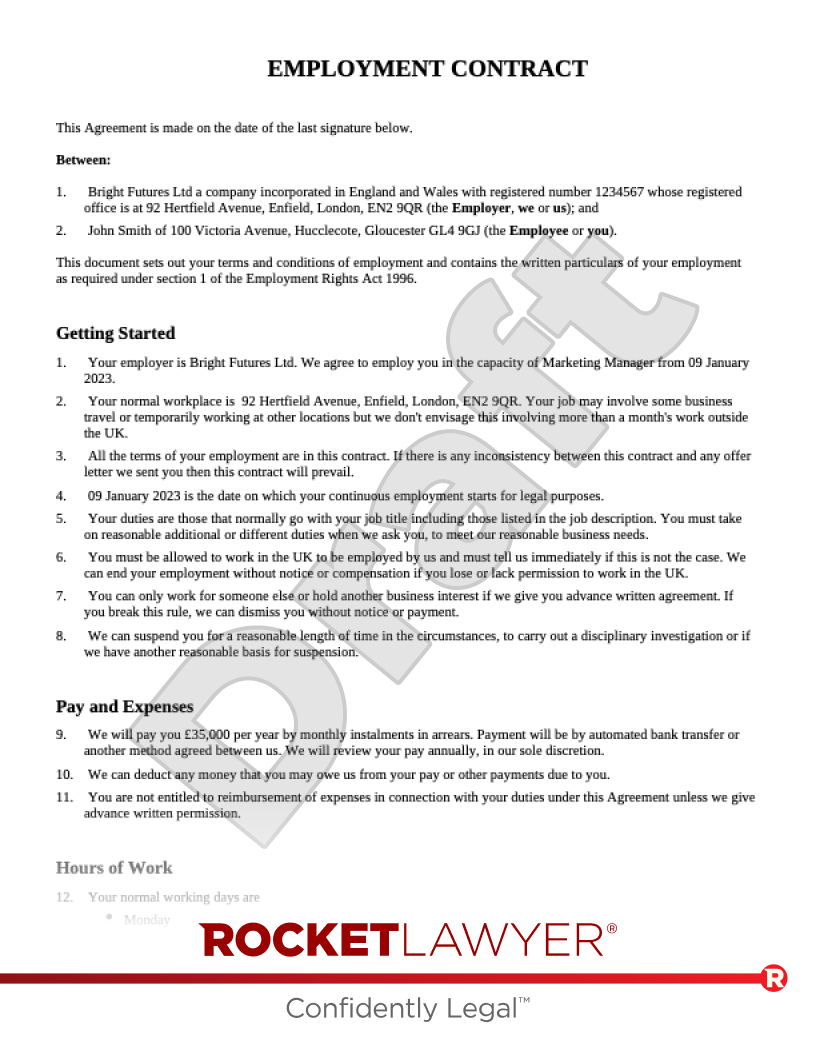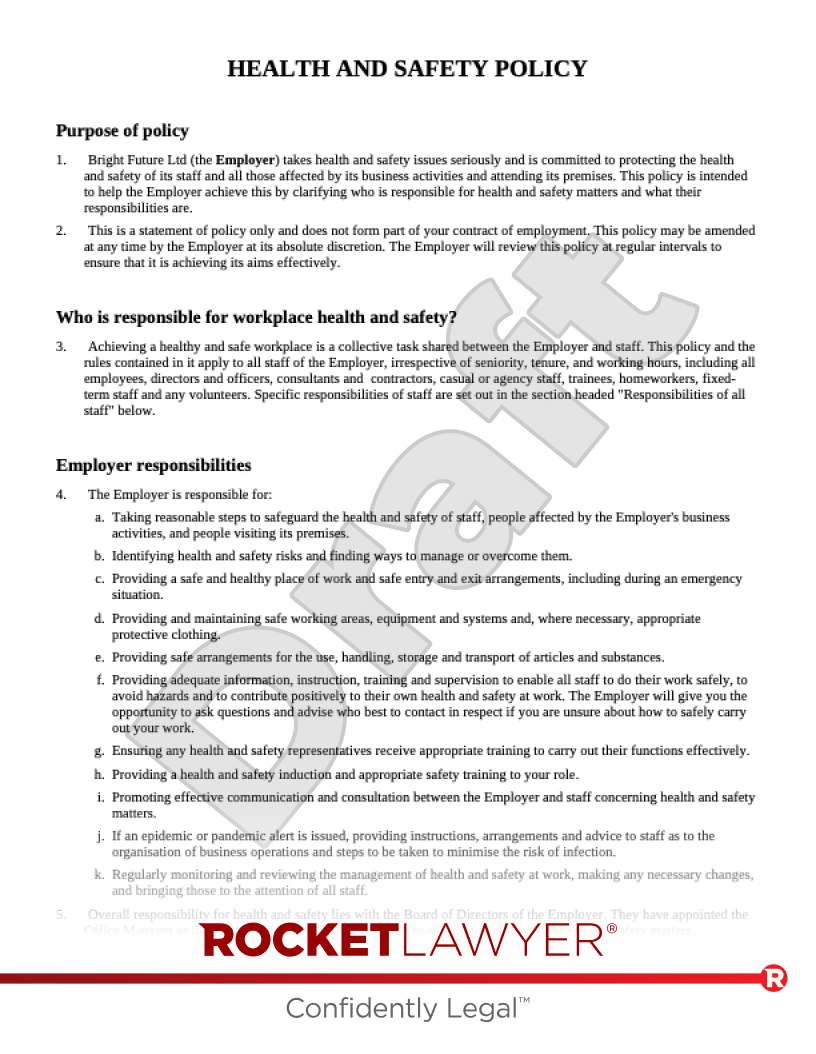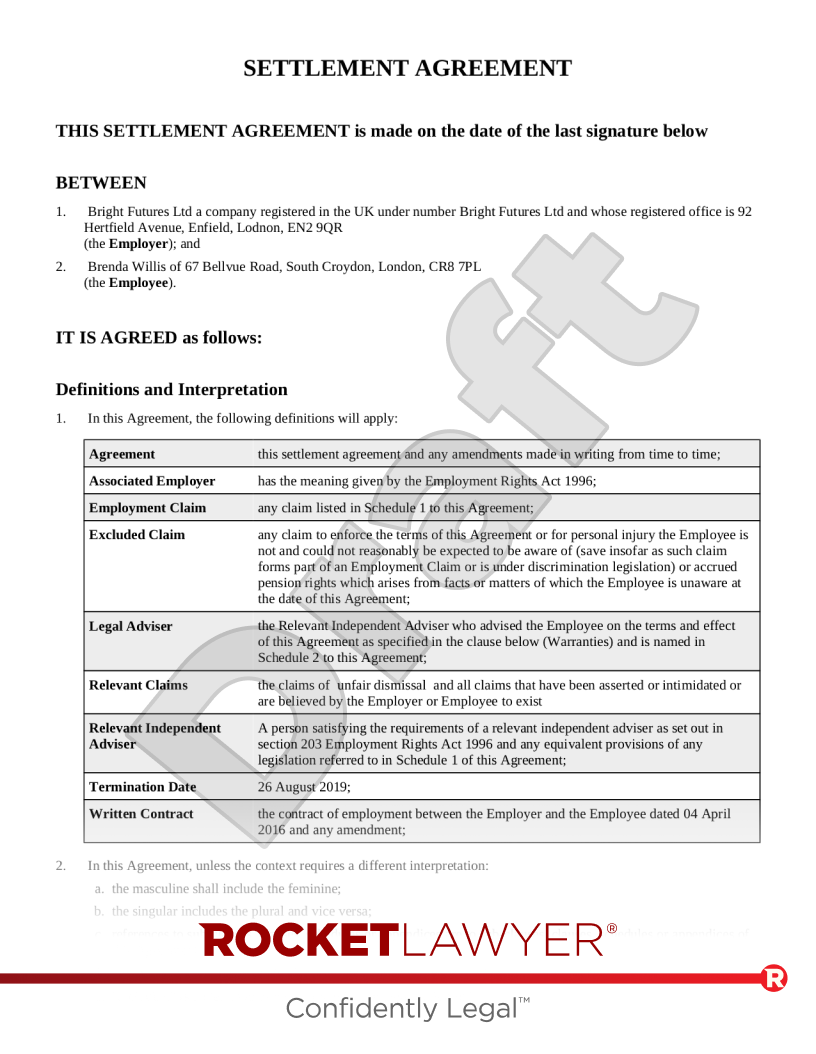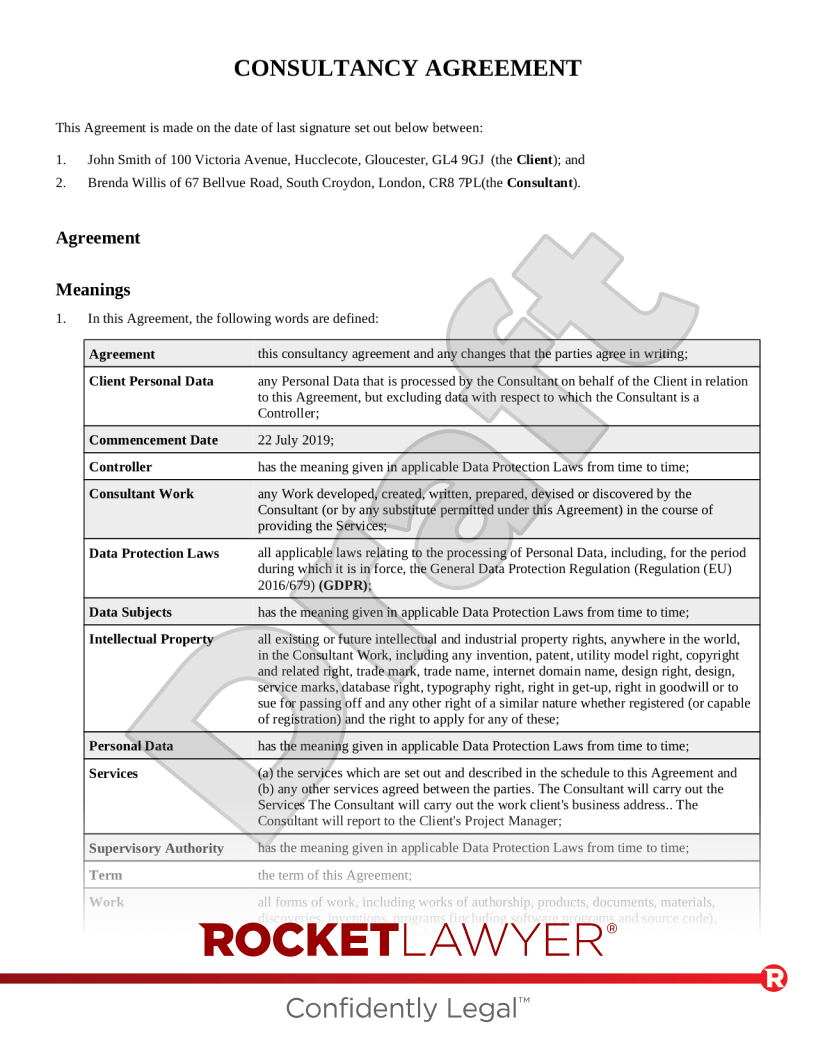Employment
Hire staff and more. We're here to help.
- Georgia, Founder
- Square HR
Employment FAQs
-
What types of legal issues arise for employers?
Many legal issues arise as an employer that you may need help with. Not all of these have to be problematic, but making sure you have the correct contract between your business and your employees or workers is key. You also will need to consider what policies need to be in place to protect your staff and how to handle grievances, disciplinary hearings and dismissal.
-
What kind of employment contract should I use?
This will depend on the type of worker you wish to hire.
If you’re hiring a mid-level or junior employee, a standard Employment contract will be most suitable.
If you are hiring workers on an ad-hoc basis, consider using a Zero-hours contract. Under a zero-hours contract, the business does not guarantee any set hours and the worker is not obliged to work any hours offered to them. Zero-hours workers are given fewer employment rights than employees but are still entitled to some basic rights (eg minimum wage and annual leave).
If you’re hiring a senior employee or executive director you may consider using a Senior employment contract, which includes more detail and security for the employer as senior employees will likely have more responsibility than your average employee and will have access to more confidential information.
If you are appointing a non-executive director (ie a director who does not perform the day-to-day functions of running the business and normally only works part-time), consider using a Letter of appointment.
-
What is the difference between hiring an employee and an independent contractor?
The traditional and most formal working relationship is that of employer and employee. Employees generally work under an Employment contract and are afforded the full protection of employment law rights (eg sick pay, statutory holiday and minimum wage).
People who are self-employed are often referred to as consultants, independent contractors or freelancers. Such self-employed workers are generally not covered by employment law and are not paid through PAYE; instead, they are sole traders or run their own business and they need to arrange their own tax affairs. A Consultancy agreement should generally be used to engage an independent contractor.
For more information, read Consultants, workers and employees.
-
What HR policies do I need?
It is important for employers to have a comprehensive set of up-to-date HR policies and procedures in place. These can help set out the rights and obligations of those responsible for administering HR and employees. There are a wide variety of HR policies that can be adopted.
A written Health and safety policy is compulsory if you have five or more employees. Other policies can help set out how employment matters such as discipline, employee grievances, parental leave, and issues such as discrimination and equal treatment are dealt with. Having these HR policies incorporated into your business will give your employees clarity and certainty.
For more information, read HR policies and procedures.
-
How do I dismiss someone?
When you dismiss an employee in the UK, you must follow proper procedures.
When dismissing someone, you must comply with their employment contract and your policies and procedures (eg a disciplinary procedure).
Advance notice of termination is required, as specified in the contract of employment, but cannot be less than one week for each year of service, with a minimum of one week and a maximum of 12 weeks. Employees must be allowed to work throughout their notice period as normal unless the employment contract says otherwise.
Don’t do or say anything that might destroy or seriously damage your relationship of trust and confidence with an employee, without justification. Otherwise, they may resign and consider themselves constructively dismissed and claim wrongful dismissal or unfair dismissal.
For more information, read Dismissal.



